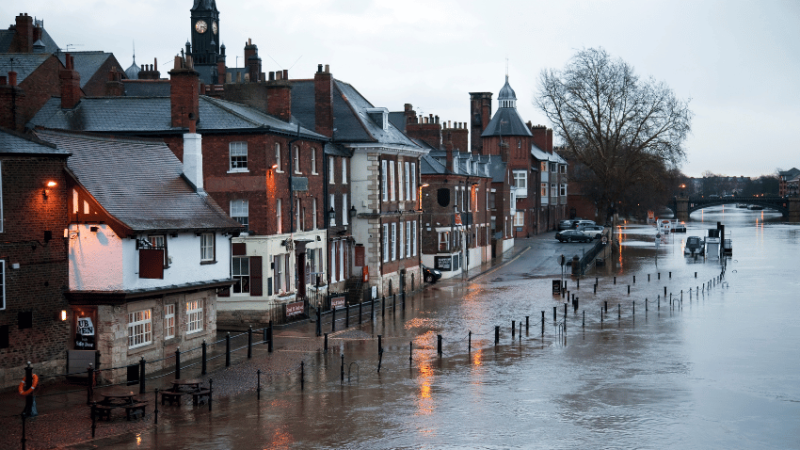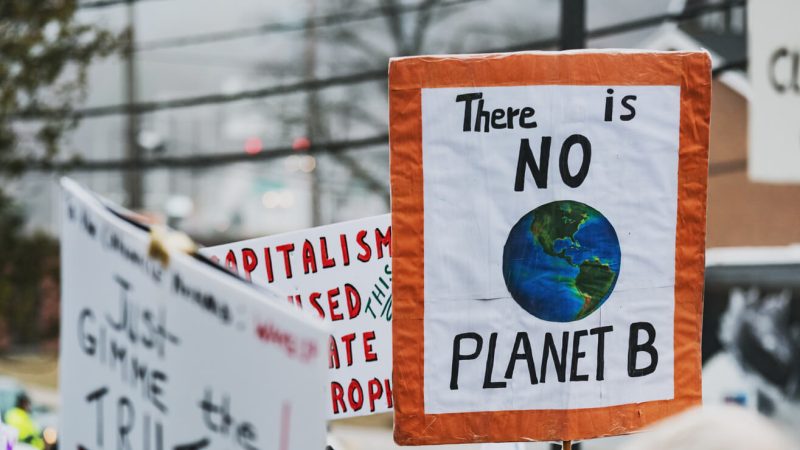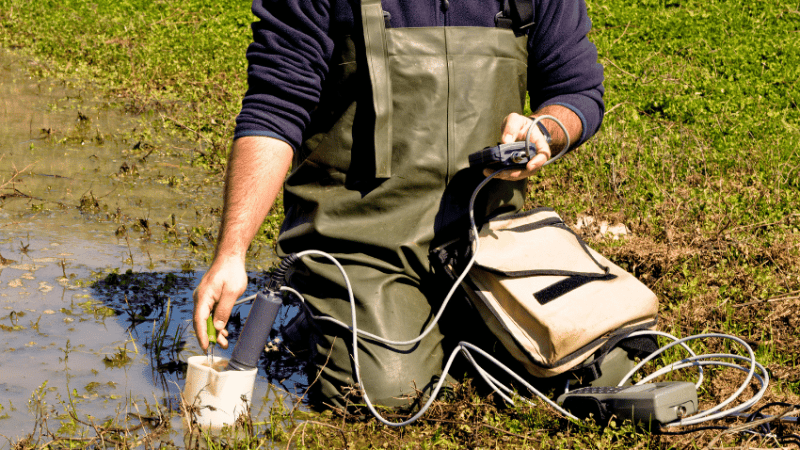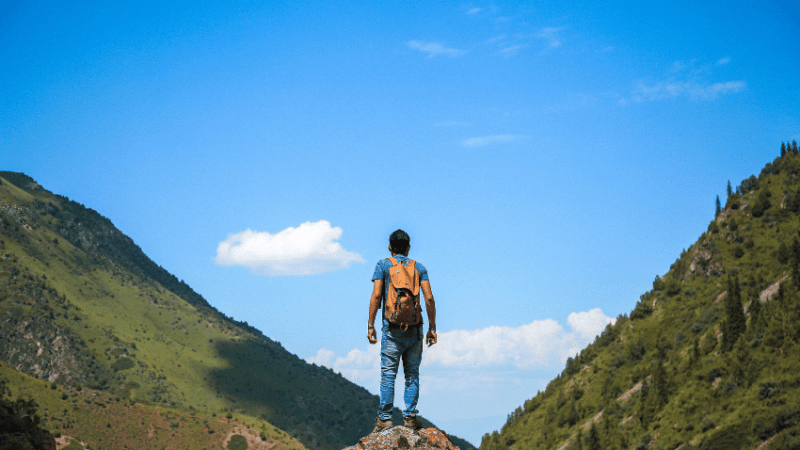What Should Geography Students Know by the End of KS3?

Many students will finish their geography journey before they start KS4 – so what do we really want them to know by then, asks Jo Coles…
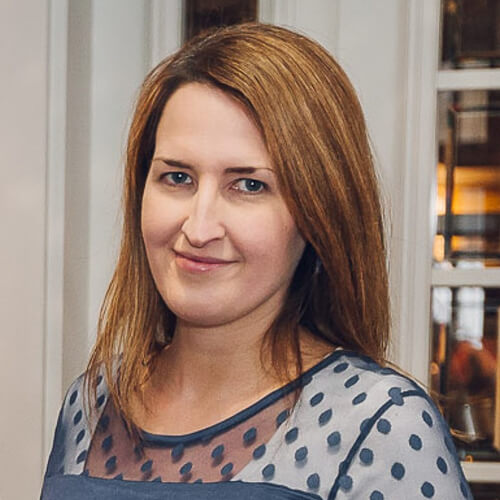
- by Jo Coles
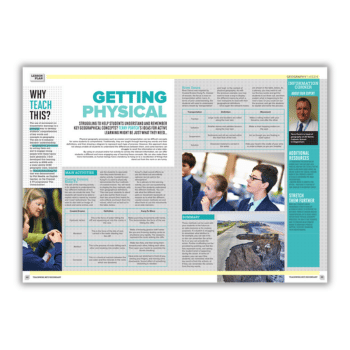
Naturally, in our hearts we all wish every student would take geography further, but for whatever reason many will leave their geographical education experience at the end of KS3.
We have such a small amount of time available in which to inspire our pupils and get them to love the subject as much as we do, be geographically curious, and to know essential topics, concepts, processes, skills, ‘geocapabilities’, etc.
How can we possibly reduce, constrain and curtail such a rich and rewarding discipline?
As teachers, it is our responsibility and privilege to make these decisions for our students. Yes, we may have statutory orders, but they are skeletal not prescriptive or restrictive.
All curriculum-making involves decisions, which we must justify, and power struggles as to what ‘makes the cut’.
We cannot possibly include it all, but we must not say ‘anything goes’; we have to make a stand for what we believe will ultimately be the most beneficial, so that if learners do stop their geographical education at KS3 we will still have done our utmost to give them the very best foundational understanding.
Essential understanding
So, what do you feel is essential, integral, vital? What would you feel embarrassed for students to not know and understand?
I’ve had this conversation many times and had some interesting answers.
While I feel curricula should be moulded to individual contexts, I do believe there are some core concepts that underpin geography that everyone should know.
My personal ‘top five’, in no particular order, would be:
Development: why development is uneven and factors controlling it – because this underpins most geography. For example, in order to fully understand the impact of hazards and their mitigation, or migration crises, or global trade, etc. we must first understand development which interlinks with demographics, economics, politics, etc. Through this we develop crucial skills of resource analysis, extrapolation, bias-checking, decision-making, critical thought, etc. and understanding of real places.
The ability to ‘read’ landscapes: whether physical or human – the ability to interpret, analyse, assess, describe and understand landscapes and locations through whatever means (eg GIS, map skills, image analysis, sketching, literature, etc).
Interdependence and sustainability: that we are just one tiny, near-insignificant part of this planet, yet also both its consumer and custodian – understanding resource use, climate change, future scenarios, conservation, etc. It is our remit to empower learners to understand present and future problems, consider solutions, and not just to believe everything in the news!
Local area: understanding where you are, the factors influencing your area, its uniqueness, how it is moulded by geology, geomorphology, and society, how it compares to elsewhere to understand context, culture, demographics, settlement choices, etc.
Population pressures: including patterns, problems, urban change, migration, etc. and challenging misconceptions (eg that many assume ‘all migration is bad’ or struggle to understand why people live where they do).
Hard decisions
It’s tough to narrow down. I love geography and want all students to understand so much – hazards, coasts, weather, regions, power struggles, etc, aiming to foster curiosity while building specific knowledge (the two aren’t enemies, they should be inextricable).
Maybe in essence we could summarise with a quote from my mum: “To know where you are (in all senses), where you want to go, and how to get there”; whether the ‘there’ is a physical space, or a metaphorical destination like a plastic-free world, etc.
Geography, according to Professor Iain Stewart, is “the only subject that has the bandwidth to create the interdisciplinary scientists and decision-makers that we need” – so we need to choose what makes the cut carefully.
Jo Coles is an experienced teacher, head of department, and assistant head teacher; geographer, RGS Fellow and Chartered Geography Teacher, GA consultant, award-winner, examiner and author.





